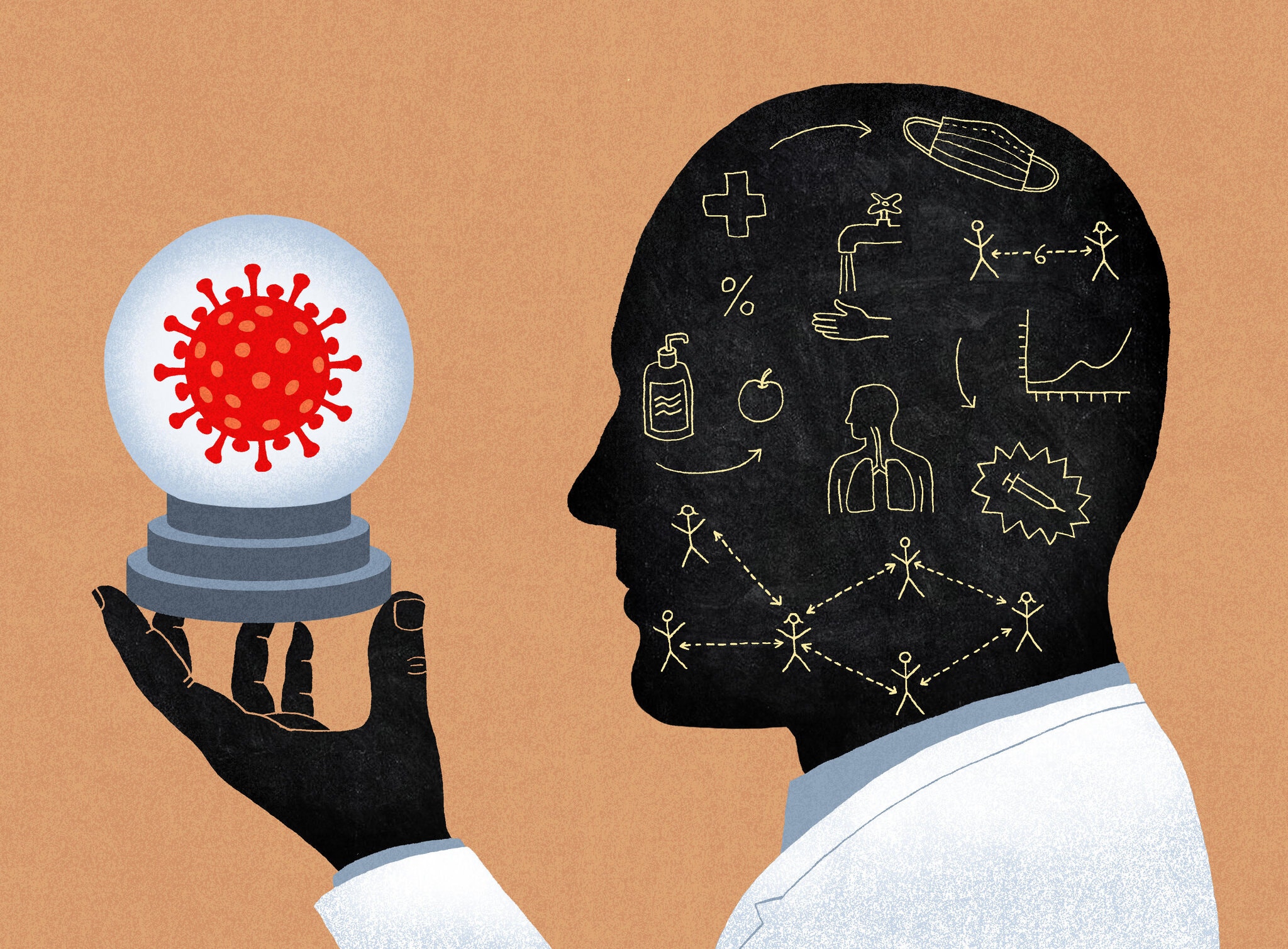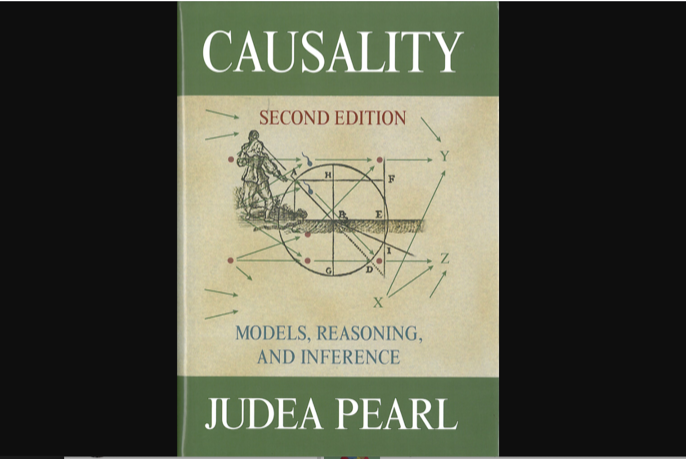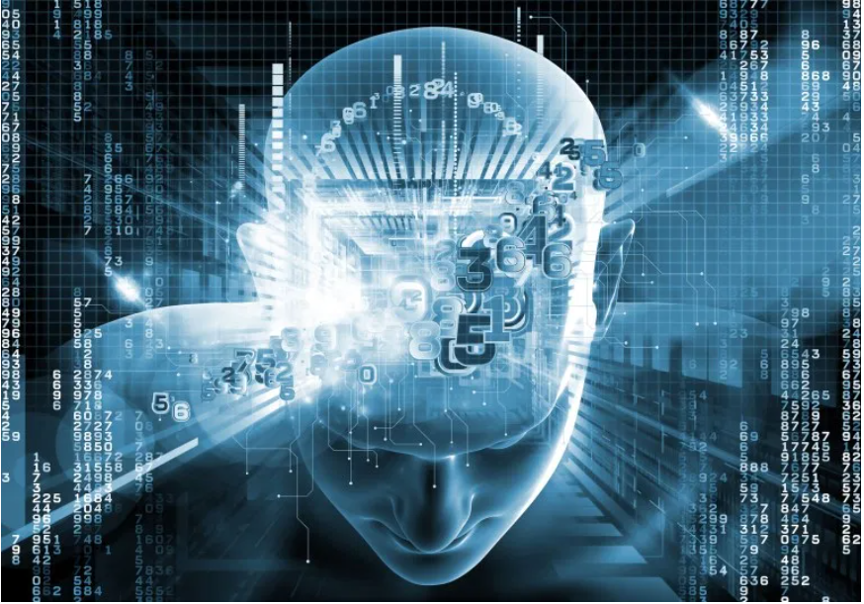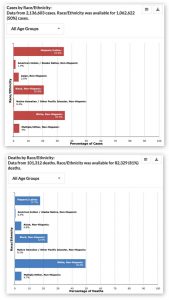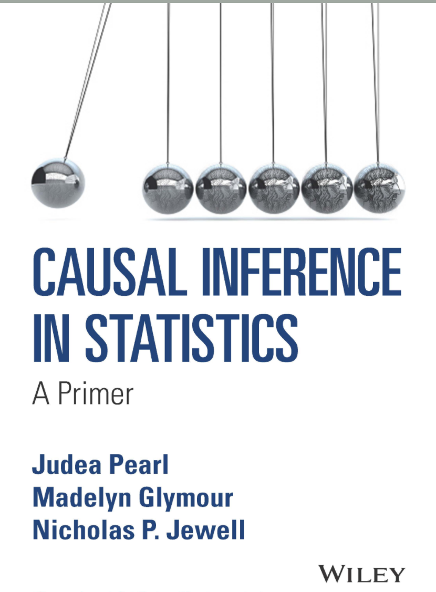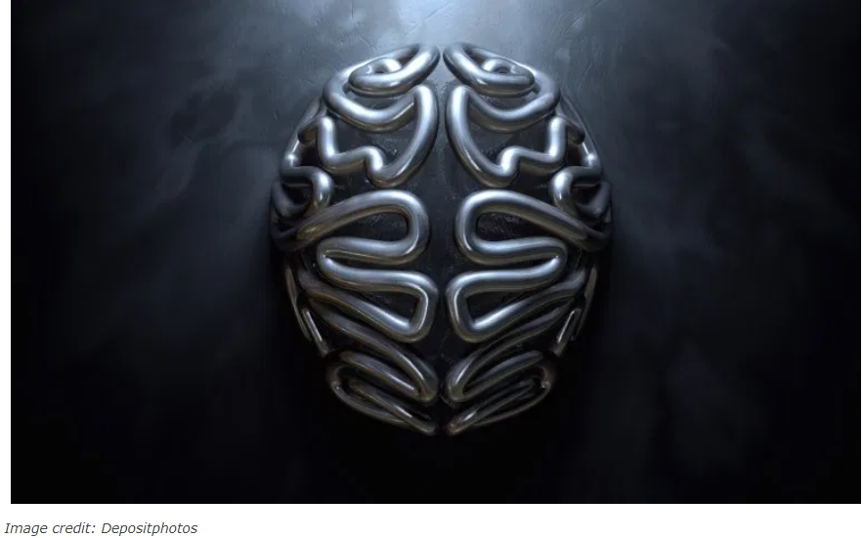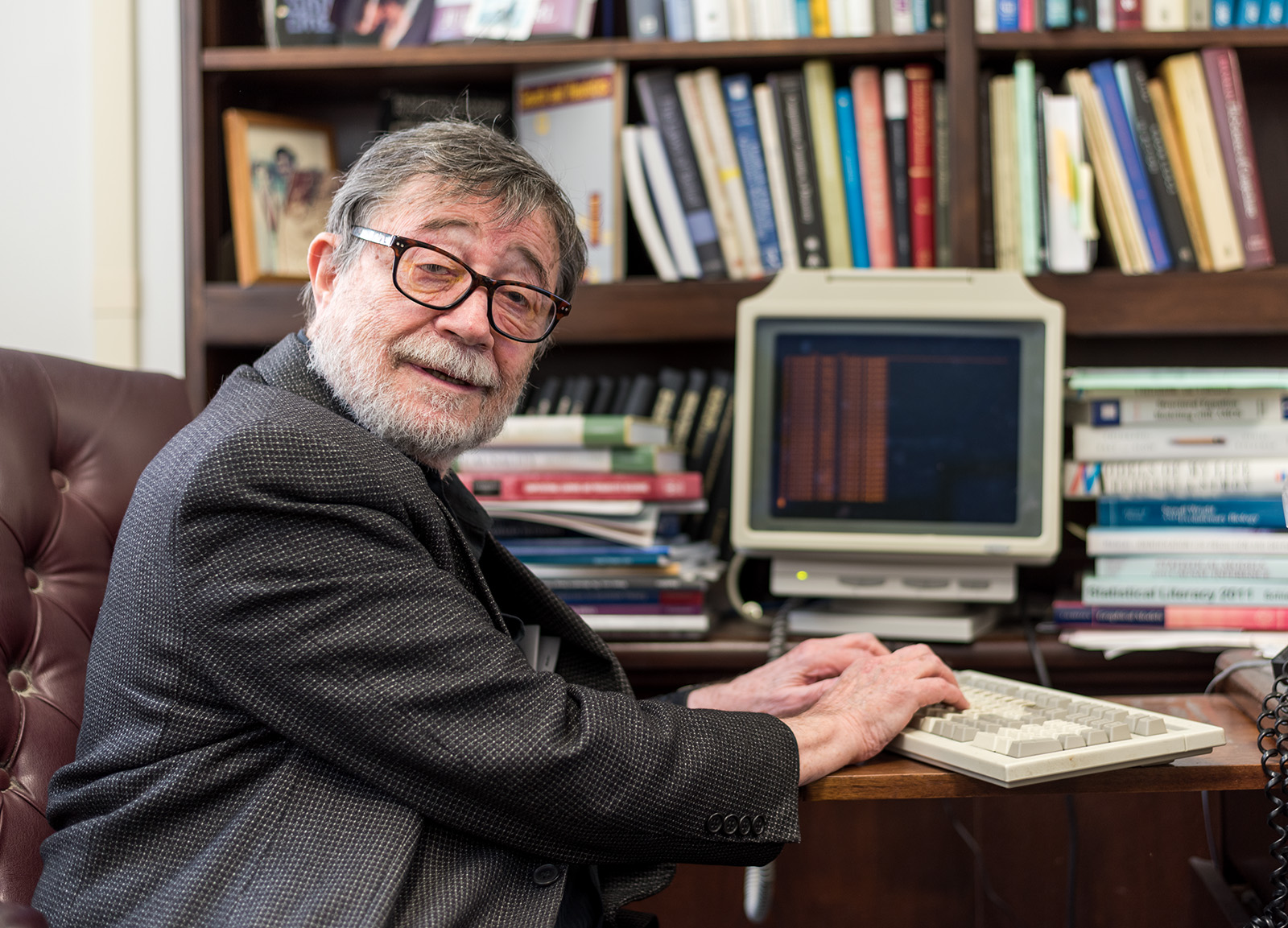How to Think Like an Epidemiologist
06 Aug, 2020
The original article can be found here. How to Think Like an Epidemiologist Don’t worry, a little Bayesian analysis won’t hurt you. By Siobhan Roberts There is a statistician’s rejoinder — sometimes offered as wry criticism,...




